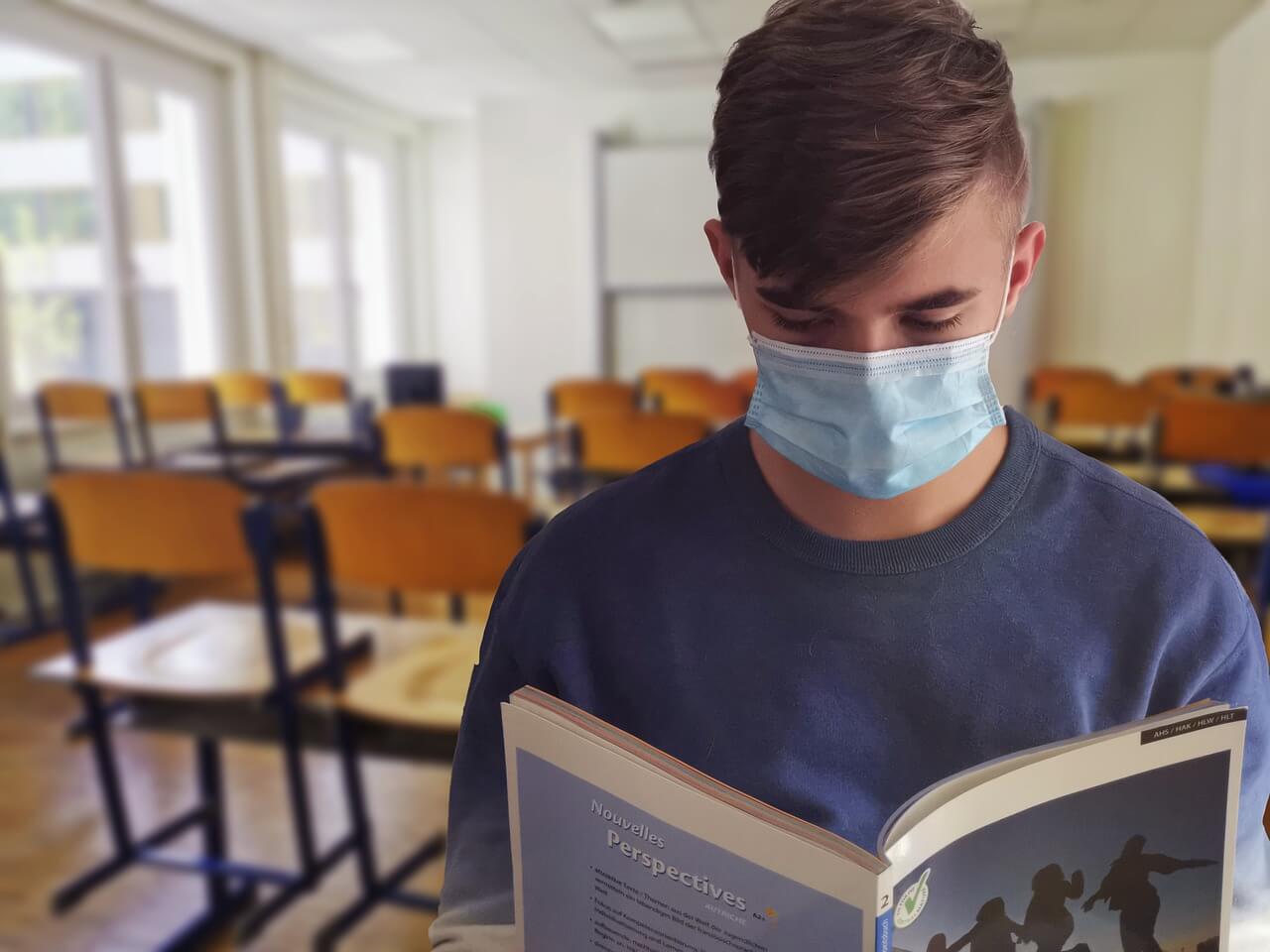Earning a medical degree is a dream for many as medicine is one of the oldest and most respected professions globally. The coronavirus pandemic has magnified the need for doctors. As the population grows, we need more qualified healthcare professionals to look after public health. Moreover, the US is currently facing a shortage of doctors, and according to AAMC(Association of Medical Colleges), the country will face a shortage of nearly 1,40,000 physicians by 2023.
To study in a medical school, you must consider aspects, like accreditation, attrition rate, federal student loan qualification, cost, etc., that can affect your academic medical journey. As a prospective medical student, you must have contemplated the cost of a medical degree. In that case, you must know that accredited Caribbean medical school costs are affordable and offer you a medical degree that is recognized even in the US and Canada.
Caribbean medical schools offer well-designed MD Programs comprising a basic science course and a clinical medicine program. Medicine is challenging, and the challenge begins right from entering college to earning a medical degree. However, island medical schools have a higher acceptance rate that can increase your chances of becoming an excellent medical professional. If you have decided to make the medical profession your career, this article is for you.
Let’s look into the cost of studying medicine in Caribbean medical schools.
The cost is structurally divided into parts to facilitate a better estimate.
Tuition Fees
Some Caribbean medical schools offer different tuition fees for matriculants on or after the May semester and different for matriculants for September or January semester. The tuition fees for matriculants on or after May semesters are $18,420 for the basic science program and $22,750 for the clinical medicine program. In contrast, tuition fees for matriculants for the September and January semester are approximately $23,500 for the basic science course and $26,000 for the clinical medicine program.
Additional Deposits and Fees
Apart from tuition fees, medical school finances include additional refundable and non-refundable deposits and fees.
- Application fees: $75
- Graduation fees: $500
- Non-refundable Administrative fee: $100
- Review Fees: $500
- First-semester lab fees: $345
- Non-refundable tuition deposit: $750
- Shelf Exam Fees: $125
- Clinical Liability Insurance per semester: $295
These costs vary from institution to institution. Thus it is advised to check the financial information of the medical institution you aim to study.
Living Accommodation
One unique fact about Caribbean medical schools is that they offer the unaccompanied first semsters student to live in one of the dormitories. The rooms are well-equipped with an air conditioner, refrigerator, and microwave. The cost of living in a single hillside dormitory is around $2,450. Additional fee includes $150 as the security deposit, $150 for fuel charges, and $200 for water charges.
Financial Aid
Despite being affordable, Caribbean medical schools also offer financial support in loans and scholarships. The students can learn about loans and scholarships that reduce their financial burden.
The price of a medical school plays a significant role. Research states that nearly 70% of medical students graduate with debt because of higher education costs. Considering these facts, Caribbean medical schools have kept their medical education cost lower than other leading countries like the US and Canada. If you dream of earning a medical degree, opt for an MD Program in an accredited Caribbean Medical School. Hurry up!




